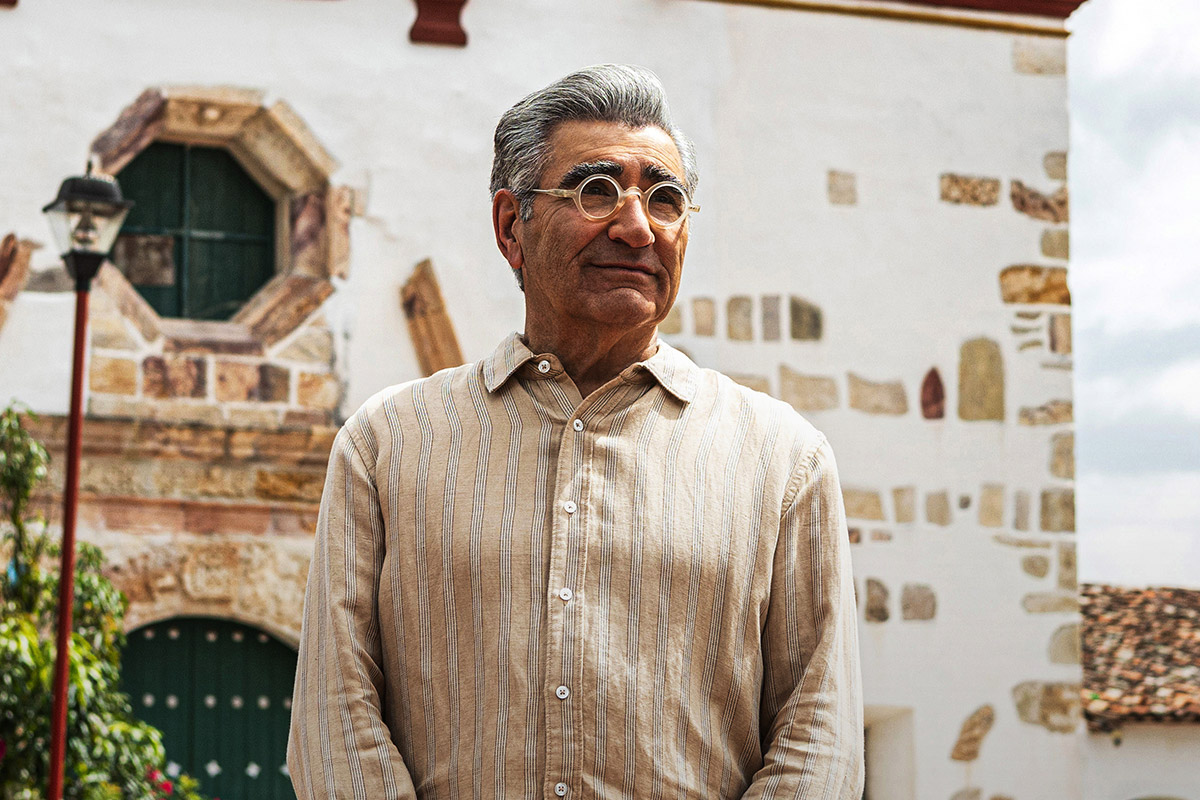The State must compensate victims of chlordecone who have demonstrated proven moral damages through anxiety, the Paris Administrative Court of Appeal ruled on Tuesday. This ruling recognizes the State's responsibility in this environmental scandal in the Antilles, but the scope of which is deemed too limited by the civil parties.
Seized by 1,286 plaintiffs from Martinique and Guadeloupe, the court ruled that "the State committed errors by granting authorizations for the sale of chlordecone-based insecticides, by allowing their prolonged use, by failing to exercise due diligence in assessing the pollution linked to this use, putting an end to it, measuring the consequences and informing the affected population."
Consequently, it considers that the State "must repair, when it is demonstrated, the moral prejudice of anxiety of people permanently exposed to this pollution".
But only around ten victims were recognized as being eligible for compensation, due to evidence (blood tests and environmental studies) establishing "actual exposure to pollution of the soil, water or food chain" and a high risk of developing a serious illness.
"In these cases alone, it orders the State to compensate for the damage of anxiety," said the court, which rejected the claims of the other plaintiffs and warned that "the sole invocation of exposure to chlordecone" does not justify such damage.
Chlordecone, a pesticide widely used in banana plantations, is responsible for massive and persistent pollution of soil and water in the French Antilles.
It had been authorized in France until 1990 and had benefited from an exemption until 1993 in the Antilles, despite warnings from the World Health Organization which had classified it as a "possible carcinogen" in 1979.
More than 90% of the adult population in Guadeloupe and Martinique is contaminated by chlordecone, according to the French National Agency for Food, Environmental and Occupational Health Safety (ANSES), which concluded in July 2021 that there was a probable causal relationship between chlordecone and the risk of prostate cancer.
However, the incidence rate of prostate cancer in Guadeloupe and Martinique is among the highest in the world. Studies have also shown that pre- and postnatal exposure to this pesticide leads to an increased risk of premature birth and a risk of impact on the child's cognitive development.
– Half-hearted victory –
The Paris administrative court had already recognized, in 2022, "culpable negligence" on the part of the State, but had rejected the claims for compensation for anxiety damage, considering that there was no evidence to justify these claims.
The plaintiffs' lawyers and associations defending victims of chlordecone welcomed the progress, but denounced an overly restrictive approach to the concept of moral prejudice and anxiety.
Hailing a "victory," Christophe Lèguevaques, one of the lawyers for the civil parties, said the decision created "a precedent both for the chlordecone case and for other environmental pollution, such as that linked to glyphosate or PFAS."
But the lawyer regrets that the court only recognized the damage of anxiety for a limited number of victims.
"From this perspective, this decision is disappointing. By discriminating between men and women, adults and children, the court is ignoring the proven effects of chlordecone on public health," he laments, raising the possibility of an appeal to the European Court of Human Rights (ECHR).
"We welcome the administrative court of appeal's recognition of the state's responsibility. The case is moving forward, and the battles continue," said Jean-Marie Flower and Patricia Chatenay-Rivauday of the VIVRE Guadeloupe association, one of the three associations that brought the case before the court, in the same press release.
At the hearing in February, the public prosecutor acknowledged the "gross negligence" and "culpable failings" of the State but insisted on the strict conditions of the anxiety damage, to which she claimed nine plaintiffs suffering or having suffered from prostate cancer were entitled, to whom she proposed awarding 5,000 or 10,000 euros.

